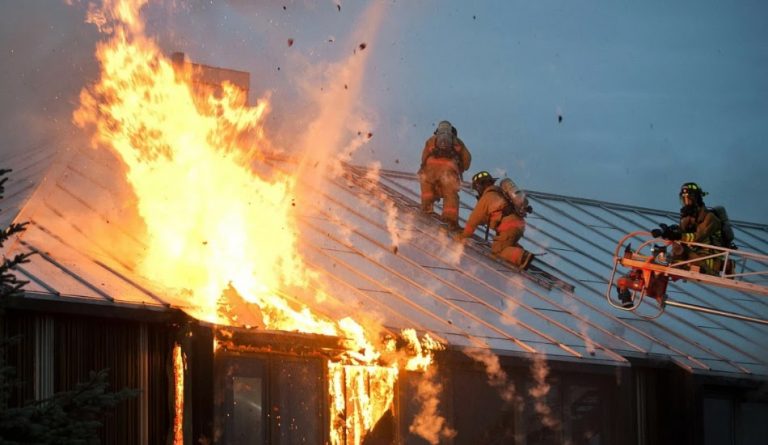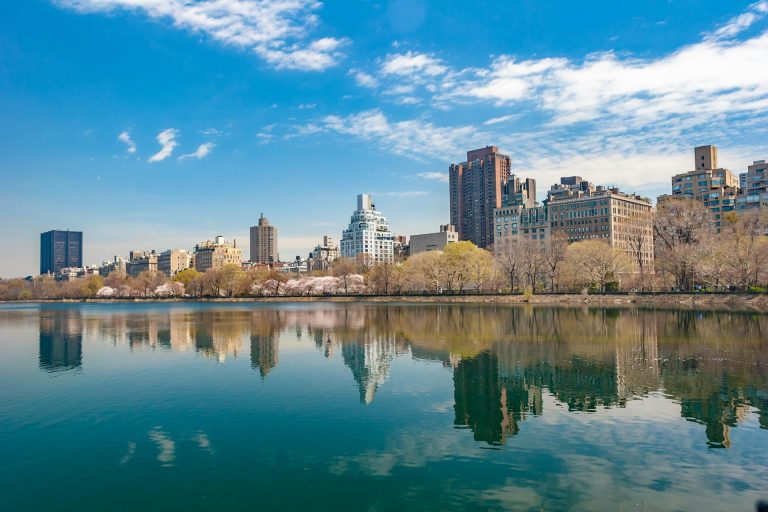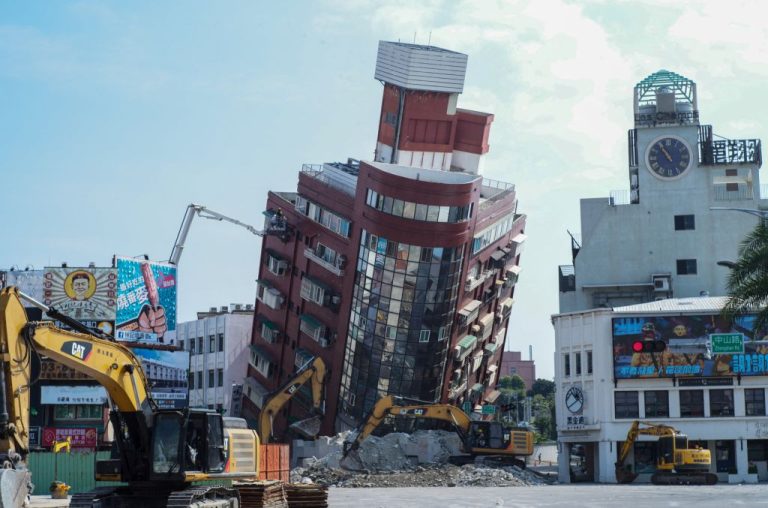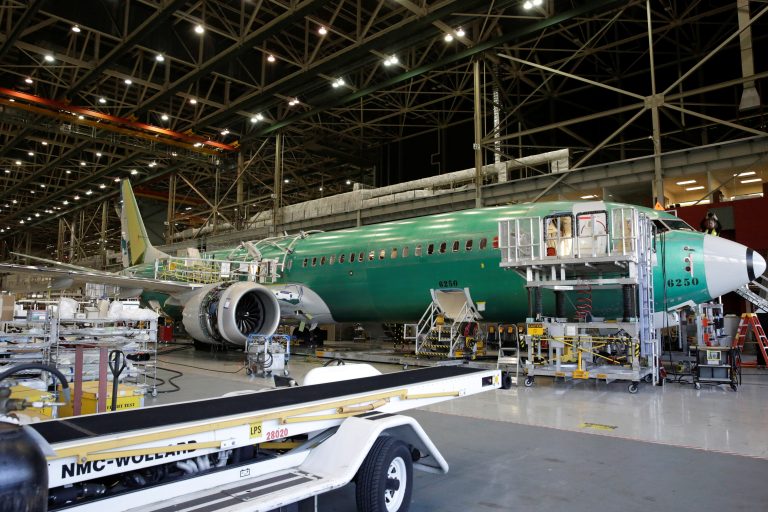Two fires broke out at the Serum Institute of India’s (SII) Manjari plant in the western city of Pune, Maharashtra, India. The facility is responsible for the production of the Covidshield vaccine jointly developed by Oxford University and AstraZeneca. The fire killed five people, who were later identified as workers at the plant.
According to Maharashtra state Health Minister M. Rajesh Tope, the fire broke out due to welding parks at a construction site in the facility. The inflammable material present at the site ignited.
Serum Institute of India CEO Adar Poonawalla expressed condolences to the families of the deceased. He said that a few floors of the building had been destroyed, but the rest of the facility was unharmed. The CEO assured that the manufacturing of vaccines will go on as scheduled.

“I would like to reassure all governments & the public that there would be no loss of #COVISHIELD production due to multiple production buildings that I had kept in reserve to deal with such contingencies at @SerumInstIndia,” he tweeted. Indian Prime Minister Narendra Modi also sympathized with the families of the deceased while hoping for the speedy recovery of the injured people.
SII is the biggest vaccine producer in the world by volume, manufacturing 1.5 billion drugs per year. These drugs are exported to over 170 nations and combat a wide range of diseases like diphtheria, measles, polio, and rubella. The SII has just started shipping its vaccines and expects to deliver at least 100 million doses by March.
Success
You are now signed up for our newsletter
Success
Check your email to complete sign up
Most of the developing and low-income nations are looking for cheaper vaccines produced by SII to inoculate their citizens. The WHO-backed COVAX plan, which seeks to ensure that vaccines are distributed across the world, has ordered 200 million doses from SII.
India recently sent free vaccines to neighboring nations like Bangladesh, Maldives, Nepal, and Bhutan
Seychelles and Myanmar are next in line for free consignments. Nepal’s Minister for Health and Population Hridayesh Tripathi thanked India for providing free vaccines.
Bangladesh was expected to receive 110,000 doses of the coronavirus vaccines from China. However, Bangladesh pulled out of the agreement after a dispute with vaccine developer Sinovac Biotech. Dhaka then turned to India. A Bangladesh official said that India is manufacturing the AstraZeneca vaccine, which has low storage and transportation requirements. This makes it perfect for developing nations.
The U.S. State Department lauded India’s charitable giving and called the country a “true friend.” Rajiv Bhatia, a distinguished fellow for foreign policy studies at Gateway House, said that India’s vaccine gifting strategy is a good counter to China’s influence expansion in Asia.
“If you look at it from the viewpoint of beneficiary countries, no single supplier can provide their entire need for vaccines and they are looking for more options. They cannot say no to China and some vaccines may not be up to the mark though they want to exercise other options… There is a clear preference for multiple options, and India is a preferred option for potential beneficiary countries because of its global reputation as a vaccine manufacturer. Besides, the Serum Institute has the Oxford-AstraZeneca connection. This is good for Indian diplomacy in both South Asia and the extended neighborhood,” he told Hindustan Times.
Brazil has received 2 million doses of vaccine. The country sent a plane to India to get the vaccines. Brazil President Jair Bolsonaro thanked Modi for fulfilling Brazil’s needs.
Follow us on Twitter or subscribe to our email list












